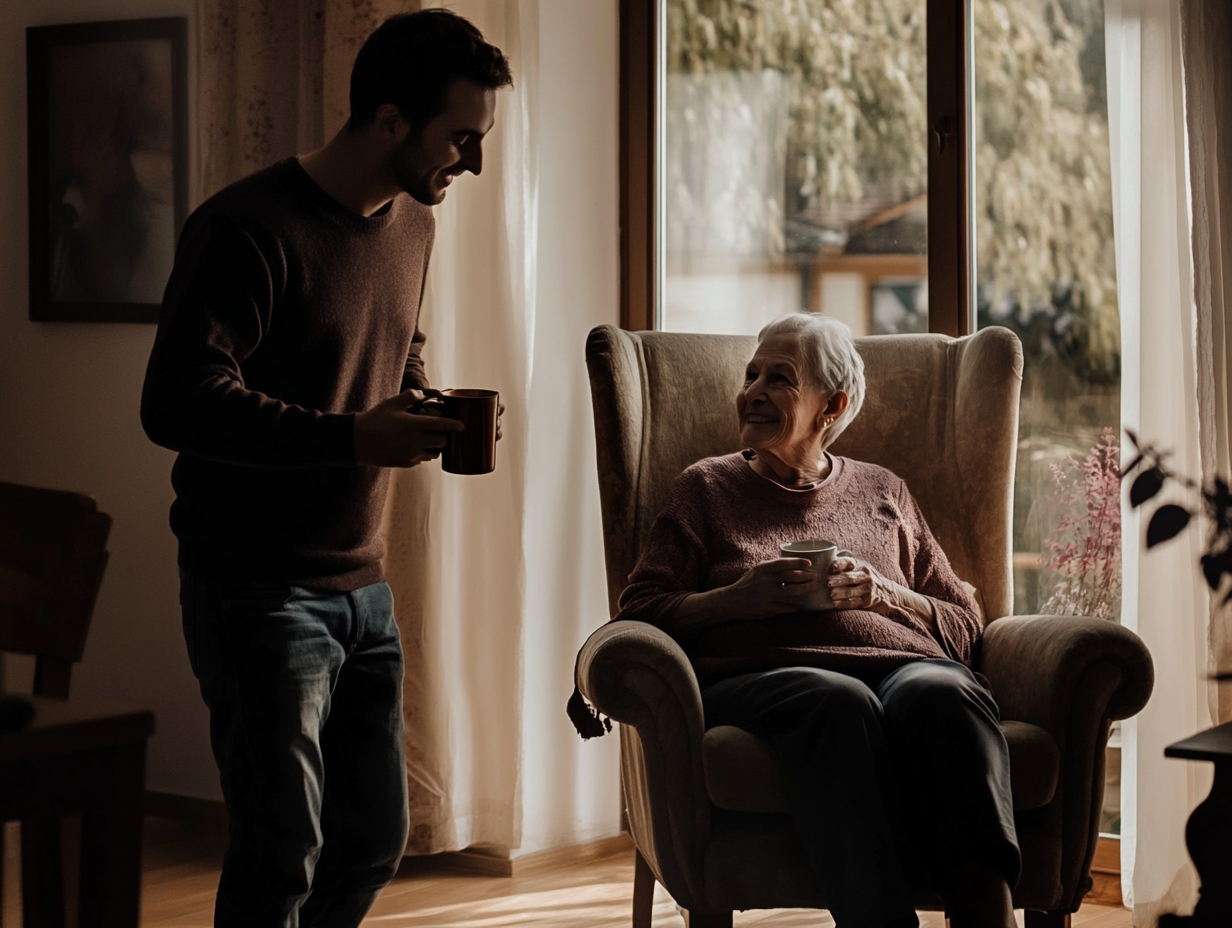Watching a parent grow older and lose some of their independence is one of life’s most profound emotional shifts. The person who once raised you, guided you, and protected you may now need your help with basic daily tasks. When roles reverse - when a parent becomes the one needing care - it can stir up complex feelings of grief, love, guilt, and responsibility.
This transition is rarely easy. But understanding the emotional dynamics and practical steps involved can make the journey more compassionate and sustainable - for everyone involved.
The Emotional Impact of Role Reversal
Becoming a caregiver to a parent often feels like stepping into unfamiliar shoes. You may feel:
- Grief over the loss of who they once were
- Stress about balancing care with work, parenting, or other responsibilities
- Guilt for not being able to do more
- Resentment about the sudden change in your relationship
- Fear of what the future holds
These feelings are common - and valid. Acknowledging them without judgment is an important first step.
👉 Related reading: The Caregiver Crisis: Juggling Work, Family, and Dementia Support
What Changes When Roles Reverse?
When a parent becomes a patient, there’s often a shift in communication, decision-making, and day-to-day routines:
- You take the lead in coordinating appointments, medications, meals, or safety needs.
- They may resist or deny that they need help - leading to tension.
- Family dynamics change - siblings may disagree on responsibilities or how care should be managed.
- Privacy and pride can become issues, especially with personal care tasks.
It’s not just about managing health - it’s about navigating a major emotional adjustment, for both sides.
How to Navigate This Transition With Compassion
1. Start with Empathy
This is a difficult time for your parent too. They may feel embarrassed, scared, or angry about their decline in independence. Reassure them that asking for help isn’t weakness - it’s strength.
2. Involve Them in Decisions
Where possible, include your parent in decisions about their care. Even small choices, like choosing a meal or deciding when to go for a walk, can help them feel in control.
👉 Related reading: Why Older Adults Should Be Involved in Their Own Care Decisions
3. Redefine Independence
Independence doesn’t have to mean “doing everything alone.” It can also mean using the right supports - like reminders, check-ins, or mobility aids - to live well and safely.
How Elli Cares Supports This Transition
When roles reverse, technology can help smooth the path - giving adult children oversight, and parents autonomy. The Elli Cares app is designed for this dynamic:
- Video and voice reminders help your parent manage medications, tasks, and appointments independently - with your support behind the scenes.
- Safe Zones and location alerts offer peace of mind without constant checking in.
- Daily health logs and check-ins allow you to spot changes early, even if you live far away.
- The Care Team feature allows multiple family members to contribute and stay informed.
👉 Related reading: How Video Message Apps Support Dementia Care
Supporting Yourself While Supporting Them
Caregiver burnout is real. If you’re taking on the emotional and logistical weight of caring for a parent, make sure you:
- Set boundaries and ask for help
- Take breaks and engage in self-care
- Connect with others going through similar experiences
- Remember that you are doing your best
👉 Check out Healthline's article on Caring for Yourself When You Have Caregiver Burnout
Final Thoughts
The shift from child to caregiver is never easy - but it’s also a chance to show love in a new way. With understanding, tools like Elli Cares, and a commitment to compassion, families can navigate this change with grace and dignity.
You're not alone in this transition. We're here to help.
👉 Learn more at www.elliapp.co








